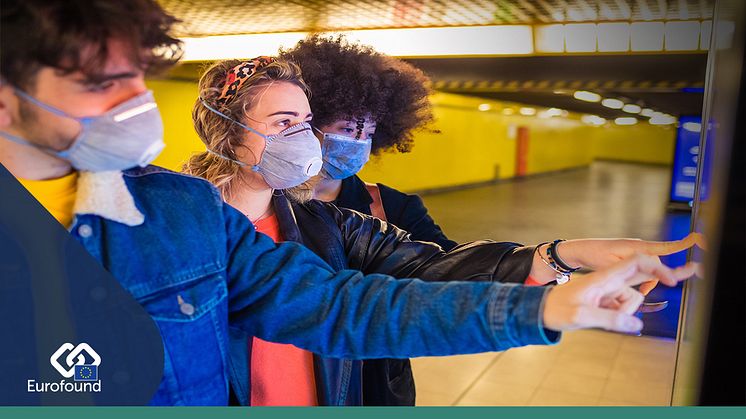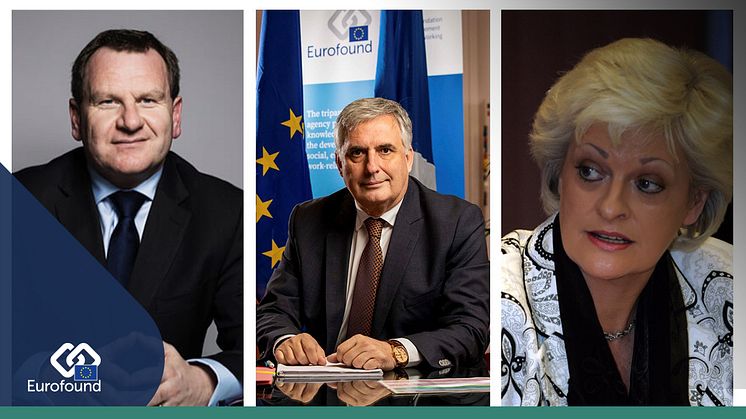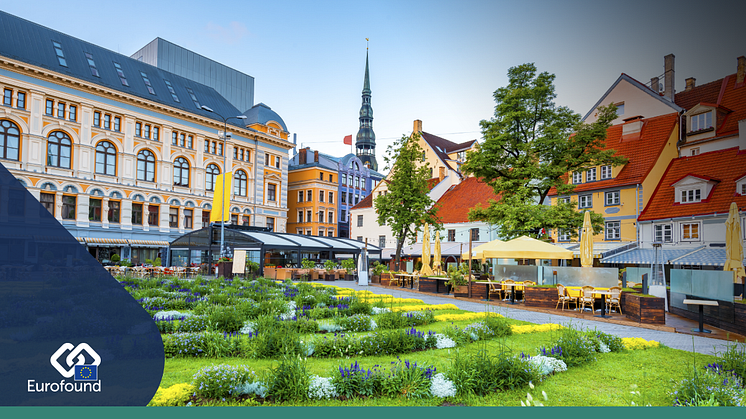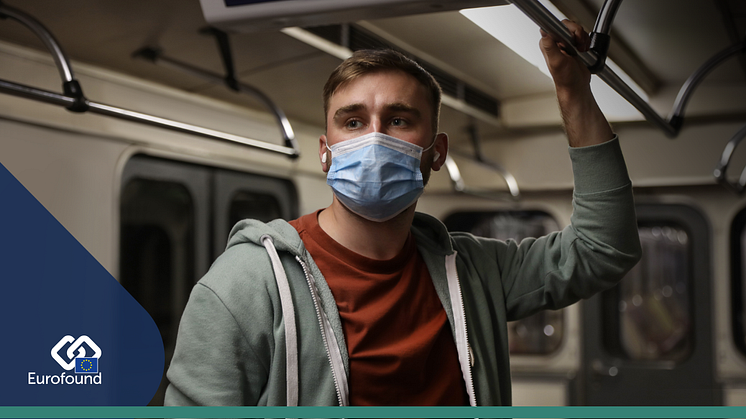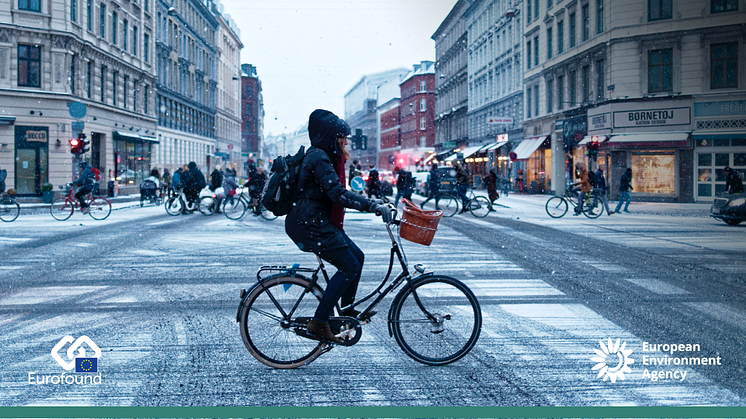Eurofound welcomes European Year of Youth 2022
Eurofound welcomes European Year of Youth 2022 #EYY2022. The situation of young people in the EU has long been an important focus for Eurofound’s work. Eurofound remains committed to continuing its work to provide policymakers with the most timely, relevant and reliable data and research to address the challenges facing young people.
